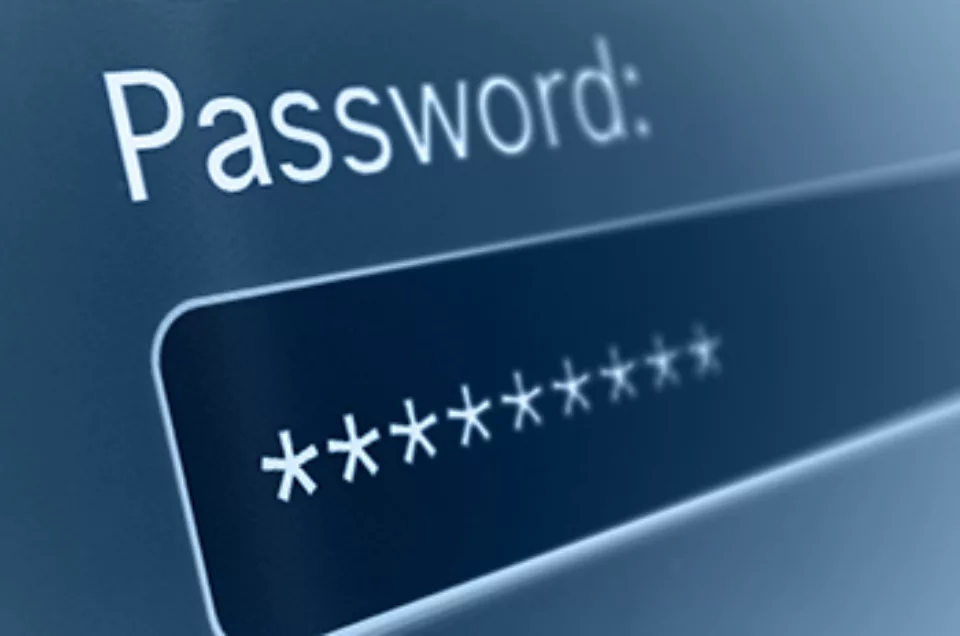10 Ways to Protect Your Personal Information and Your Money

The news often includes reports about thieves gaining access to sensitive personal information that can be used to commit fraud or steal money, sometimes involving major security breaches at large companies such as retailers. "These reports may cause some consumers to be skeptical about engaging in even the simplest financial transactions, but that is unrealistic for most people, especially in today's online and electronic world, " said Michael Benardo, Chief of the FDIC's Cyber Fraud and Financial Crimes Section. "That's why it's important to be vigilant about protecting your finances by taking some reasonable precautions. "
While federal laws and industry practices generally limit losses for unauthorized transactions involving bank accounts, debit cards and credit cards, it pays to be proactive. Here are 10 things you can do to help protect yourself:
- Know that offers that seem "too good to be true " are probably a fraud. Crooks often pose as businesses promising or guaranteeing high interest rates, high-paying jobs or other "opportunities, " such as a big prize or lottery winnings for which you must pay taxes or other charges upfront. Be especially careful if someone pressures you to make a quick decision or if you are asked to send money or provide bank account information before receiving anything in return
- Guard against scams involving fraudulent checks and requests to wire money or send a prepaid card. A stranger or unfamiliar company might send you a check for more than you are due for an online sale and ask you to deposit the check and wire back the difference. Or, you might be asked to send a prepaid card to the crook. "If you send a wire transfer or a prepaid card, the money is immediately removed from your account, but the check you deposited may not have cleared. If that check is counterfeit, your financial institution would likely hold you responsible for the losses, " said Benardo.
"Also, " he added, "if you are selling something online, be wary of a request by a 'buyer' to wire you the money because that may be a ruse to get your bank account information. " - Be suspicious about unsolicited e-mails or text messages asking you to click on a link or open an attachment. Crooks are known to distribute and install malicious software ( "malware ") that can capture passwords and PIN numbers. This information could be used to gain access to your online banking sites.
- Don't give out personal information to anyone unless you initiate the contact and know the other party is reputable. "Crooks pretending to be from legitimate companies or government agencies often contact people asking them to 'confirm' or 'update' confidential information, " explained Kathryn Weatherby, a fraud examination specialist for the FDIC. "But your bank, credit card issuer and government agencies would never contact you asking for personal details such as bank account information, credit and debit card numbers, Social Security numbers and passwords. Presume that any such request by phone, text message, fax, e-mail or letter is fraudulent. "
- Carefully choose user IDs and passwords for your computers, mobile devices, and online accounts. For unlocking devices and logging into Web sites and apps, create "strong " IDs and passwords with combinations of upper- and lower-case letters, numbers and symbols that are hard to guess, and then change them regularly.
- Be careful when using social networking sites. Scammers use social networking sites to gather details about individuals, such as their place or date of birth, a pet's name, their mother's maiden name, and other information that can help them figure out passwords — or how to reset them. Even small tidbits of information can help them steal your identity, such as by answering security questions that control access to accounts. "Don't share your 'page' or access to your information with anyone you don't know and trust, " said Benardo. "Criminals may pretend to be your 'friend' to convince you to send money or divulge personal information. "
Fraudsters also have become sophisticated at creating fake social networking sites for financial institutions and other businesses.
For tips on avoiding fraud at social media sites, visit from the Internet Crime Complaint Center. - Regularly review your transaction history. Look at your bank statements, credit card bills or other transaction histories – preferably as soon as they arrive – and make sure you had authorized all of the transactions. Immediately report to your financial institution any suspicious activity, such as an unfamiliar charge. "Many financial services providers allow you to conveniently check your transaction history on their Web site or through an app on a mobile device, " noted Weatherby.
- Periodically review your credit reports to make sure someone hasn't obtained a credit card or a loan in your name. Ask for a free copy from each of the nation's three major credit reporting agencies (also known as credit bureaus) because their reports may differ, but spread out the requests during the year.
If you find an unfamiliar account on your report, call the fraud department at the credit reporting agency that produced it. If the account turns out to be fraudulent, ask for a fraud alert to be placed in your file at all three of the major credit bureaus. The alert tells lenders and other users of credit reports that you have been a victim of fraud and to verify any new accounts or changes to accounts in your name. - Protect your personal financial documents. Keep bank and credit card statements, tax returns and blank checks in a secure place. And, shred any sensitive documents instead of just throwing them in the trash, because thieves look through trash to find this type of information to commit identity theft or other crimes.
- Guard your incoming and outgoing mail. From time to time, your mailbox may contain credit card or bank statements, documents showing confidential information, or checks you are sending. For incoming mail, try to use a locked mailbox or a mailbox in a secure location. Put outgoing mail, especially if it contains a check or personal information, in a U.S. Postal Service mailbox or take it to the post office.
By accessing the noted link you will be leaving Washington Trust's website and entering a website hosted by another party. Washington Trust is not responsible for, nor do we control, endorse or guarantee the content of any external sites. Please be advised that you will no longer be subject to, or under the protection of, the privacy and security policies of Washington Trust's website. We encourage you to read and evaluate the privacy and security policies of the site you are entering, which may be different than those of Washington Trust.
Contact a Trusted Advisor
For more information or to speak with one of our trusted advisors about your unique financial needs, contact us at 800-465-2265 or submit an online form.





